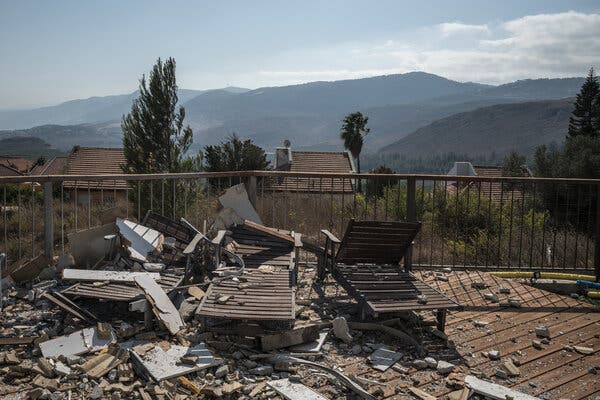A standoff over control of the bank had destabilized the country’s economy and raised the prospect of fresh fighting between Libya’s eastern and western factions.

The two sides of Libya’s political divide have agreed on a new leader for the country’s central bank — a settlement that officials hope will end months of escalating tensions that had raised fears that Libya could once again be sliding toward armed conflict.
The standoff over control of the Central Bank of Libya, which is key to distributing the country’s vast oil wealth, had led officials on one side to block oil exports for weeks and prompted the bank’s governor to flee the country.
The two sides announced on Thursday that they had agreed to appoint Naji Issa, a senior central bank official, as the bank’s new governor. They also agreed to form a new board of directors, an apparent attempt at preventing a repeat of what critics had said was the previous governor’s tendency to concentrate power in his own hands, with little transparency.
In the wake of the agreement, officials in eastern Libya also committed to lifting the oil blockade, according to the United Nations mission in Libya, which had convened talks to end the crisis.
Yet some bumps may still remain: Hadi al-Saghir, who represented the eastern-based Libyan Parliament in the negotiations, said in an interview on Thursday that it would not move forward with the deal until the ousted governor receives a guarantee that he can return safely to the country.
Libya has been mired in political deadlock, chaos and violence since 2011, when rebels overthrew the country’s longtime dictator, Col. Muammar al-Qaddafi, during the Arab Spring protests. In recent years, the country has been split between rival parallel governments in its east and west, a division that led to an all-out civil war until 2020.



